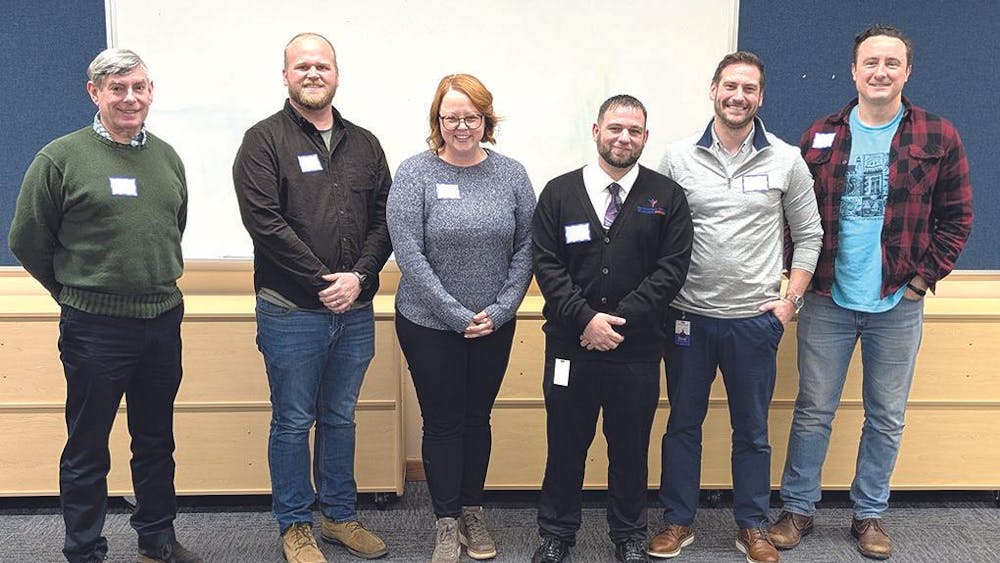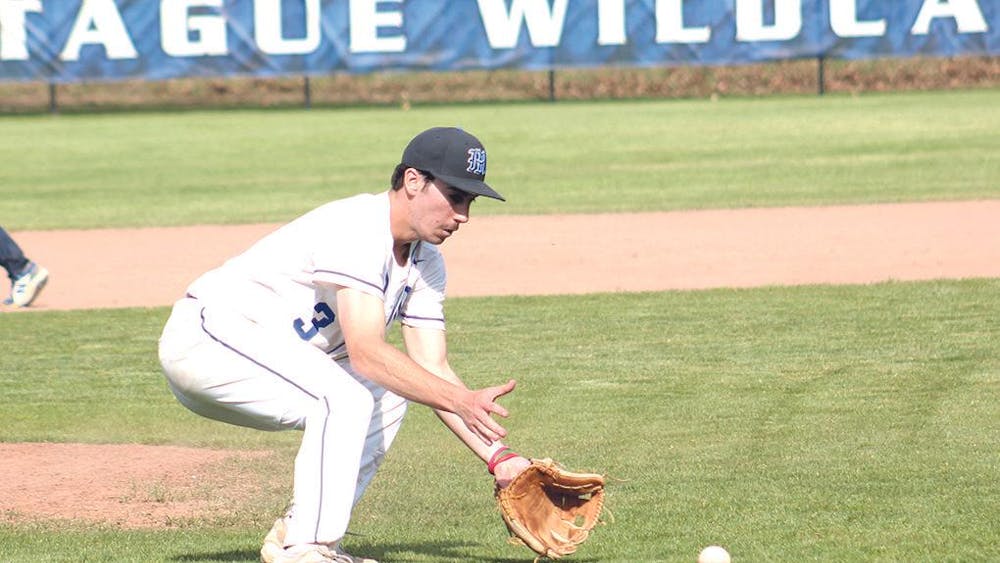The Muskegon Conservation District received a $23,438 grant from the Michigan Department of Natural Resources to create "food forests" in the city of Muskegon and engage with community members in its planting and care, the DNR announced June 10.
The grant was among 15 distributed by the DNR, totaling over $1 million, made possible by Urban and Community Forestry Inflation Reduction Act funds.
The MCD's forest pest manager, Lance McCarty, said the grant, which the organization applied for in March, will help fund three projects in the Muskegon area - one in Muskegon Heights and two in Muskegon.
"It was meant to increase urban forest canopy for underserved communities," McCarty said of the grant. "The purpose is to mitigate climate change issues, help with water filtration and storage and increase green spaces."
As the "food forests" name implies, the trees being planted will not just provide urban forest canopy but will also aid in the production of food, helping to grow both "short stuff" and "tall stuff," McCarty said, including strawberries, gooseberries and serviceberries. One such "food forest" is slated to be adjacent to the Samuel Lutheran Church in the Nelson School neighborhood in Muskegon. The city recently removed a playground there for safety reasons, and McCarty said the trees will be planted in the spot it once stood.
"There's a circular sidewalk area owned by the church, so you can access the food forest inside and outside it," McCarty said.
Just down the road from that "food forest" will be a second one, which is planned for the affordable housing development that's going in the former Nelson Elementary School. There will also be a third one which will help support a community garden that already exists next to Muskegon Family Care on Getty Street in Muskegon Heights, near Marsh Field. The garden, McCarty said, is used as part of MFC's therapy services.
"All these sites are embedded into some kind of organization locally," McCarty said. "In addition to that, they're in neighborhoods, so it will benefit the neighborhoods."
The collaboration with the MFC community garden underscores the MCD's support of such initiatives.
"We're just building on that by establishing food forests," McCarty said. "These are meant to create a sense of community for people to come volunteer, share food and also share in the benefits of food."
There is no set timetable for the food forests to be planted, but the MCD is hoping to begin the process in the fall. The grant will also include, McCarty said, "a series of workshops" to educate the public on the benefits of, and ways to take community ownership of, food forests.
"We'll have one about tree planting, food preservation, and edible species," McCarty said. "Those will be open for volunteers, the public, and landowners. The food forests aren't just a public thing. It can serve as a model so people can make their own food forests at home."











